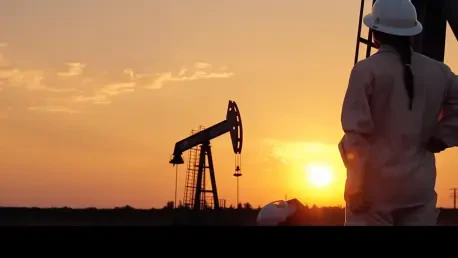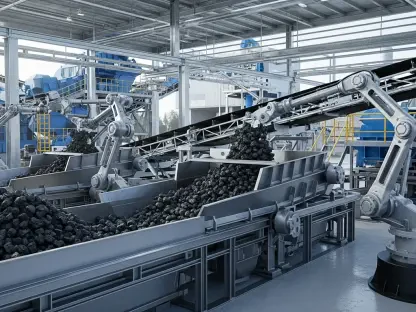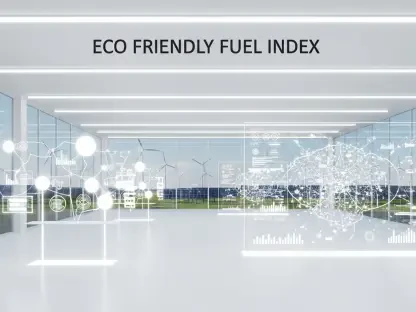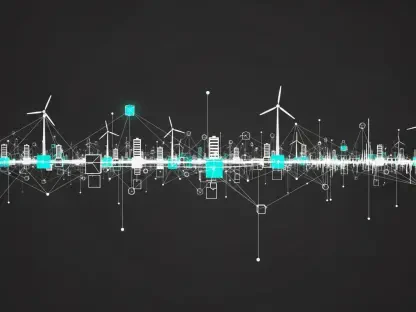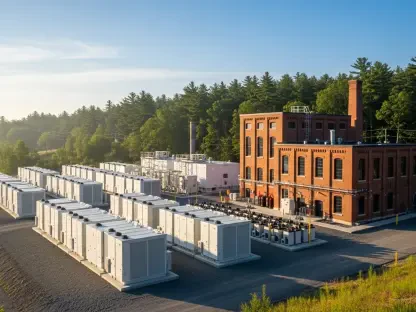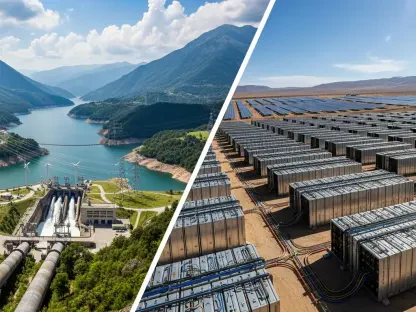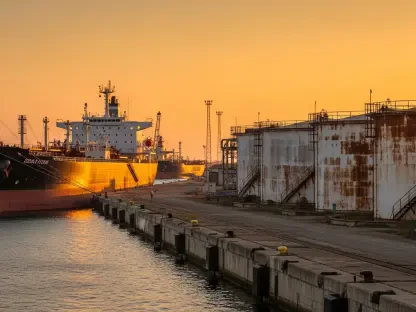The recent 24th Foundation Day event of Petroleum Planning & Analysis Cell (PPAC) in New Delhi brought together top executives from India’s oil and gas sector. This landmark gathering focused on assessing the impacts of evolving global energy trends and the strategic responses necessary for India’s energy sector.
Key Highlights and Insights from the Event
Expert Takeaways on Global Market Dynamics
A predominant theme of discussions was the current state of global oil markets. Arun Kumar Singh, Chairman and Managing Director of ONGC, emphasized that the world has been grappling with an oil surplus due to increased production in countries like Saudi Arabia, Iraq, Canada, the US, and Brazil. He highlighted that gasoline consumption in India saw a modest growth of 4-5 percent, whereas diesel demand stagnated with less than 1 percent growth.
Energy Transition and Security Debated by Panelists
Energy transition and security were central topics in panel discussions. A.S. Sahney, Chairman of Indian Oil Corporation, underscored how moving toward renewable energy aligns with enhancing India’s energy security. Harish Mehta of Jio-bp noted advancements in battery technology and the declining prices of renewable energy as critical factors driving the adoption of electric vehicles and clean energy sources, both of which play significant roles in the broader energy transition.
Collaborative Learning Through Workshops and Activities
Participants engaged in interactive workshops and group activities aimed at fostering collaborative learning and exploring new frontiers in oil and gas. Dr. Ranjit Rath of Oil India Ltd emphasized the importance of expanding exploration activities, citing partnerships with global companies for deepwater and ultra-deepwater projects as crucial elements in advancing the sector.
Technological Innovations Showcased
The event showcased significant technological advancements that reflect the sector’s focus on innovation. Indian Oil presented its development of India’s largest green hydrogen plant, with a capacity of 10,000 tonnes annually, and highlighted the widespread implementation of EV charging stations across India, indicating a shift toward greener technologies.
Future Implications and Long-Term Takeaways
Adaptation to New Realities and Market Trends
Stakeholders agreed on the necessity of adapting to changing fuel mixes and technological progress to navigate the evolving global energy landscape. Ensuring energy security, economic viability, and sustainability were identified as essential aspects of this adaptation process.
Strategic Collaborations and Investments
To drive the sector forward, sustained investments in technology and renewables, along with strategic industry collaborations and regulatory support, are imperative. Speakers noted that profitability and affordability must be balanced to fund the transition to greener energies without adversely impacting economic growth.
Integrating Sustainability Within the Sector
Panelists highlighted the importance of integrating sustainability into the oil and gas sector. India’s potential to become one of the top global biofuel producers offers promising growth opportunities for sustainable aviation fuel (SAF), which are critical given India’s rapidly increasing aviation fuel demand.
In conclusion, the 24th Foundation Day of PPAC underscored that India’s oil and gas sector is at a critical juncture. Adapting to global energy shifts requires a balanced approach that encompasses energy security, economic viability, and sustainability. Moving forward, strategic collaborations, regulatory support, and continuous investments in technology and renewable energy will be crucial in steering India’s energy future amid ongoing global transformations.
